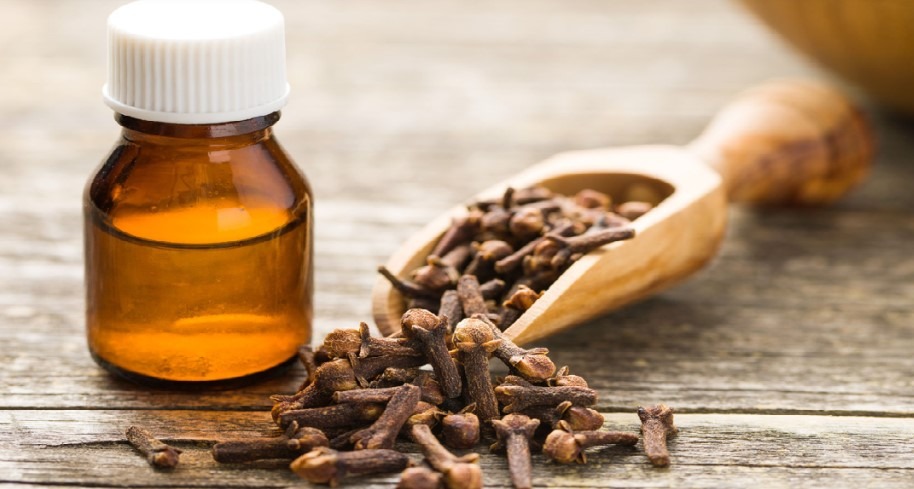Clove, a spice with a rich history and diverse uses, is derived from the sun-dried flower buds of the clove tree, turning them brown and hard with a spicy, hot flavor. With over 2000 years of use in Asia for both medicinal and culinary purposes, cloves gained popularity in Europe during the Middle Ages, rivaling even pepper in fame.
Interestingly, a staggering 95% of the world’s clove production is dedicated to making Indonesian cigarettes, despite its widespread culinary use. The clove tree’s fragility and the practice of harvesting its buds before petal emergence, which typically begins in the tree’s eighth year, contribute to this unique situation.
Cloves are known for their various health benefits:
Please Head On keep on Reading (>)
We sun-dry clove flower buds, turning them brown and hard, creating a spice with a spicy, hot flavor. Used for over 2000 years in Asia for medicinal and culinary purposes, cloves gained fame in Europe during the Middle Ages, rivaling even pepper.
Despite being popular as a spice, 95% of global clove production is directed toward Indonesian cigarettes. This peculiar situation is partly due to the fragility of the clove tree, which only starts bearing fruit in its eighth year and rarely reaches flowering.
1. Growing and Harvesting Cloves:
Begin by sun-drying clove flower buds, transforming them into a brown and firm spice with a distinctly spicy and hot flavor profile. Cloves, with a history spanning over 2000 years in Asia for both medicinal and culinary purposes, gained prominence in Europe during the Middle Ages, rivaling even the popularity of pepper. Despite its status as a beloved spice, an intriguing 95% of global clove production finds its way into Indonesian cigarettes, a phenomenon partially attributed to the delicate nature of the clove tree, which only starts bearing fruit in its eighth year and rarely reaches the flowering stage.
2. Against Stomach Ache:
Please Head On keep on Reading (>)
2. Against Stomach Ache:
Harness the power of cloves to alleviate stomach discomfort. Simply infuse 4 or 5 cloves in a cup of boiling water for around ten minutes, creating a soothing drink that can effectively address various digestive issues, particularly stomach aches and bloating. Regular consumption of this clove infusion proves beneficial in managing and relieving these common problems.
3. Against Bad Breath:
Combat post-meal bad breath naturally by incorporating cloves into your routine. Sucking on a clove not only freshens breath but also contributes to dental health. Cloves, known for their antibacterial and anti-inflammatory properties, are frequently used in toothpaste and mouthwashes. By incorporating this simple practice after each meal, you can help prevent dental problems and maintain fresh breath throughout the day.
4. Relieving Dental Pain:
Please Head On keep on Reading (>)
4. Relieving Dental Pain:
Eugenol, a valuable antiseptic found in cloves, offers relief for dental problems and sore gums. According to Franck Dubus, a doctor of pharmacy, eugenol acts on peripheral opioid receptors, which play a role in the perception of pain. To leverage this property, use an oily maceration or mother tincture in mouthwash to minimize the risk of irritation. However, in cases of intense or persistent pain, consulting a dentist is crucial for proper diagnosis and treatment.
5. Relieve Muscular and Rheumatic Pain with Massage:
Experience relief from muscle, joint, or rheumatic pain through a clove-infused massage oil. Mix approximately 10 drops of clove essential oil with 30 ml of vegetable oil, such as jojoba or sweet almond. Apply this preparation through massage to painful areas three times a day, and you may notice pain relief within 48 hours.
6. Prevent Colds with Cloves:
Please Head On keep on Reading (>)
6. Prevent Colds with Cloves:
Tap into the preventive properties of clove essential oil to ward off winter infections like the flu and colds. Dilute 1 to 2 drops of clove essential oil in a teaspoon of olive oil and ingest it before meals. Alternatively, dissolve 1-2 drops of clove essential oil on a sugar cube and let it melt under the tongue before a meal. Practice this technique one to three times a day for up to a week to maximize its benefits.
7. Calm UTIs and Kidney Stones with Clove:
Combat urinary infections or kidney stones by incorporating a clove infusion, as discussed earlier. To enhance its effectiveness, consider adding a single drop of lavender essential oil. It’s essential to note that while these natural remedies can provide relief, consulting a doctor is crucial for proper diagnosis and treatment, especially in the case of urinary tract infections.
In conclusion, the humble clove emerges as a versatile ally in various aspects of well-being. From its rich history as a spice with deep-rooted cultural significance to its therapeutic properties offering relief from ailments, the clove stands as a testament to the power of nature’s treasures.
As we integrate these seven practical tips into our lives, we not only harness the aromatic and flavorful essence of cloves in our culinary adventures but also tap into their potential to soothe digestive discomfort, freshen breath, and alleviate dental and muscular woes. The preventative measures against colds, coupled with its potential to offer relief in cases of urinary infections or kidney stones, further underline the holistic benefits of incorporating cloves into our daily routines.
As we savor the distinct warmth and spice that cloves bring to our lives, let us appreciate the journey of this remarkable spice through time and across cultures. Whether adorning our holiday tables, providing solace in moments of discomfort, or simply adding a touch of aromatic delight to our daily rituals, cloves, with their rich history and multifaceted benefits, continue to leave an indelible mark on our well-being. So, let the aromatic allure of cloves infuse not just our recipes but our lives, creating a fragrant tapestry of well-being and tradition.
